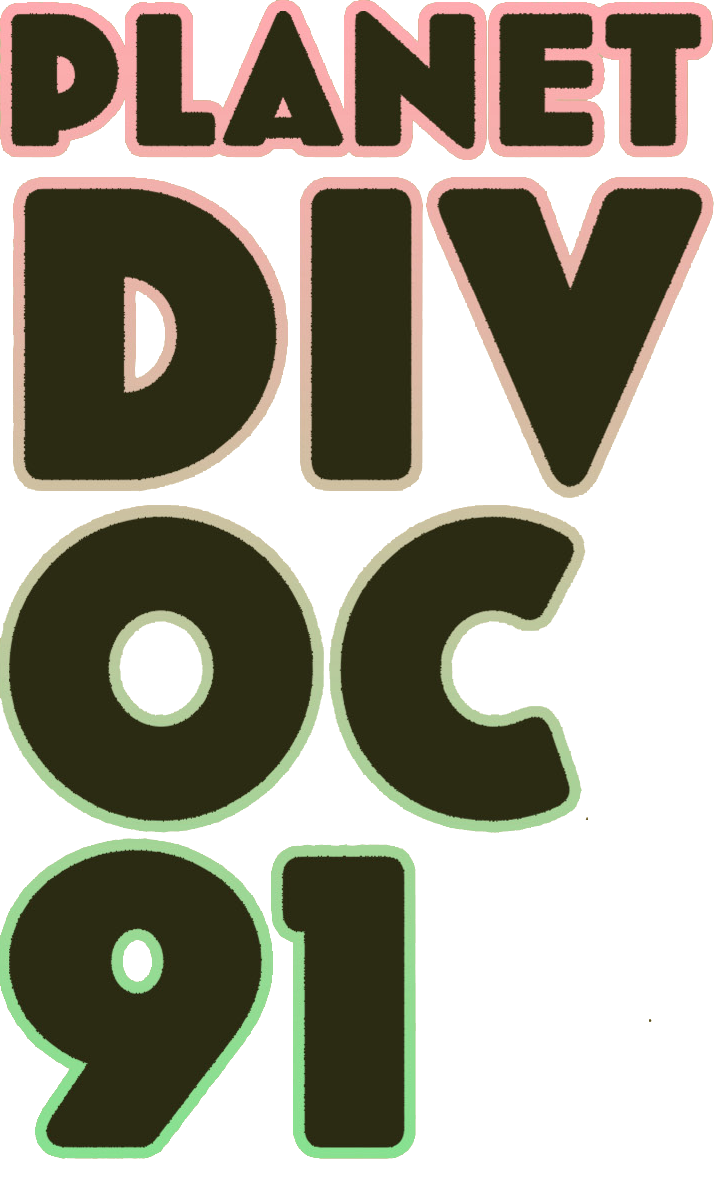Fixing the fracture
Viswadeep Mane
We have been in an evolutionary arms race with the invisible and ubiquitous microbial world since the dawn of this Anthropocene age. To a few, climate change might seem like a hoax, but it is a peril that lingers all over our planet and the consequences of which are apocalyptic. Pandemics are not new to this world but the rate at which they are originating raises questions about the factors that are responsible for it. That is where the question of introspection comes. How much are we collectively responsible for in the reshaping of this modern world? Can we really change the loopholes that are existent in the system to create a sustainable future?
Ideally, yes.
Turning away from the journey to the heart of the planet we made, we have embarked on a detour. A divisive detour. The pandemic has rather exposed the fracture lines that have been systemically imbibed in our society. The origin of the virus led to a change in perspective of the world towards Asians as animalistic and it became a subject of hatred. For example, the Singaporean student of Chinese ethnicity who was beaten up by a group of men in London and was told that they do not want Coronavirus in their country. This is just one of the many incidents of anti-Asian hate in Europe and the Americas that has been going on since the start of the pandemic which can be linked to influential global leaders like Donald Trump, ex-President of the USA, who took active part in constantly blaming China for the virus and using racist terminologies. This instinct to humiliate, when it is modelled by someone on a public platform, by someone powerful, filters down into everybody’s life, because it gives a kind of permission for other people to do the same thing.
Disrespect invites disrespect. Violence incites violence.

When the powerful use their position to bully others, we all lose. This pandemic has exposed the systemic fracture lines of racism and other forms of hatred magnified to its glory and blowing impetus into people’s hearts to portray supremacy over each other. In countries like India, this took an uglier turn as people from the North-Eastern part of the country were attacked in many parts of India and they were accused of being the point of origin for coronavirus in the country simply because of their ethnicity. Political divisiveness along the lines of religion was also observed as Muslims were blamed for the spread of coronavirus.
While we have moved far away in one sense, resorting to nationalist ideologies, far away from globalisation, this pandemic has brought people closer too. The importance of social networking portrayed how closely knitted our interactions are. This fabric of social networking connects us all together and it helps in paving the way to expose and work out systemic problems like racism in our world. One of the great movements that would be considered as a serendipity during this pandemic was the Black Lives Matter’ movement. This movement taught us that when we are united, we can uproot the values that erase the morality of this world and bring equality.
In a nutshell, our world is fractured. The winds of change hit the castle in every direction and the tremors of the divisive policies are being exposed radically. The perpetrators behind these divisive policies are taking hold of this rift and magnifying it. We need to identify those fractured lines and seal them. The planet has shown us its healing power when we retract our activities. We need to stop when it is required, and we need to act rationally to provide a sustainable platform for global development.
This pale blue dot on which we stand upon needs a renaissance of equality and sustainability.
By Vishwadeep Mane, a PhD student at the Indian Institute of Science, Bangalore, India.

